
Zuleika is a musical with music by Peter Tranchell and book and lyrics by James Ferman. The musical is based on the 1911 novel, Zuleika Dobson , by Max Beerbohm.

Zuleika is a musical with music by Peter Tranchell and book and lyrics by James Ferman. The musical is based on the 1911 novel, Zuleika Dobson , by Max Beerbohm.
The show was first staged at an undergraduate club at Cambridge in 1954, two years before Beerbohm's death. [1] The impresario Donald Albery acquired the rights to stage it in the West End, and engaged Osbert Lancaster as designer and Alfred Rodrigues as director. [1] The production opened at the Saville Theatre on 11 April 1957. Beerbohm had died the year before, but his widow, Elisabeth interested herself in the production, and attended the first night. [2]
The plot of the novel was generally followed, except for the conclusion, which was changed to provide a happy ending. [3] Beerbohm had insisted that the name of the heroine should be pronounced "Zuleeka", but for the musical the pronunciation was changed to "Zulika", which was thought easier to sing. [4]
The actress originally cast as Zuleika, Diane Cilento, won excellent critical comment when the show previewed in Manchester, [5] but was taken ill before the show opened in London. [6] She was unable to appear, and the part was taken by Mildred Mayne, a performer best known at the time as a model, appearing on posters in the London Underground advertising underwear. [7] A 2011 newspaper obituary for Cilento alleged that her withdrawal from the production was due to a suicide attempt. [8]
Here is a list of numbers: [9]
The Times , having called the show "a most pleasing imitation of Edwardian musical comedy", added "Miss Mildred Mayne, taking the part of Zuleika at short notice, is not, perhaps, all that Beerbohm painted her, but she is always engaging and she sings easily and well." In The Manchester Guardian , Philip Hope-Wallace was unconvinced by the new Zuleika: "What the incomparable Max would have thought of Mildred Mayne, the new leading lady, one fails to imagine." [7] In The Observer , Kenneth Tynan called the show "the best British musical since The Boy Friend ", but thought Mayne "competent in a role for which competence is not enough". [10] " Rupert Hart-Davis, who accompanied Elisabeth Beerbohm to the first night, was privately less tactful: he called the show "delightfully gay and charming," but added, "the leading lady is quite without looks, charm or talent. With someone like … Marilyn Monroe it would run for ever." [11]
The show ran for 124 performances, closing on 27 July 1957. [12]

The Importance of Being Earnest, a Trivial Comedy for Serious People is a play by Oscar Wilde, the last of his four drawing-room plays, following Lady Windermere's Fan (1892), A Woman of No Importance (1893) and An Ideal Husband (1895). First performed on 14 February 1895 at the St James's Theatre in London, it is a farcical comedy depicting the tangled affairs of two young men about town who lead double lives to evade unwanted social obligations, both assuming the name Ernest while wooing the two young women of their affections.

Sir Rupert Charles Hart-Davis was an English publisher and editor. He founded the publishing company Rupert Hart-Davis Ltd. As a biographer, he is remembered for his Hugh Walpole (1952), as an editor, for his Collected Letters of Oscar Wilde (1962), and, as both editor and part-author, for the Lyttelton/Hart-Davis Letters.

Sir Henry Maximilian Beerbohm was an English essayist, parodist and caricaturist under the signature Max. He first became known in the 1890s as a dandy and a humorist. He was the drama critic for the Saturday Review from 1898 until 1910, when he relocated to Rapallo, Italy. In his later years he was popular for his occasional radio broadcasts. Among his best-known works is his only novel, Zuleika Dobson, published in 1911. His caricatures, drawn usually in pen or pencil with muted watercolour tinting, are in many public collections.
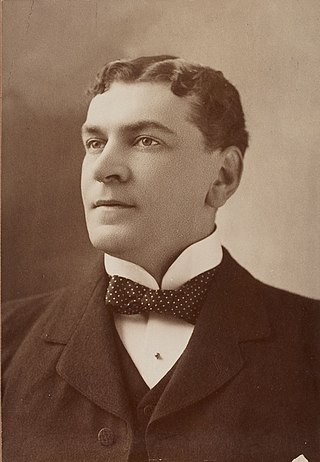
Arthur Bourchier was an English actor and theatre manager. He married and later divorced the actress Violet Vanbrugh.
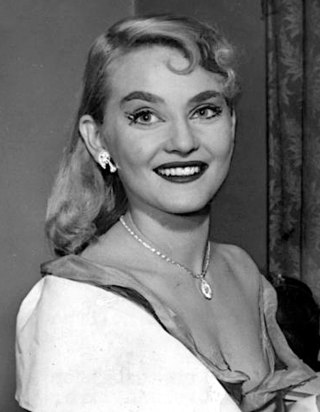
Diane Cilento was an Australian actress. She is best known for her film roles in Tom Jones (1963), which earned her an Academy Award nomination, Hombre (1967) and The Wicker Man (1973). She also received a Tony Award nomination for her performance as Helen of Troy in the play Tiger at the Gates.

Zuleika Dobson, full title Zuleika Dobson, or, an Oxford love story, is the only novel by English essayist Max Beerbohm, a satire of undergraduate life at Oxford published in 1911. It includes the famous line "Death cancels all engagements" and presents a corrosive view of Edwardian Oxford.
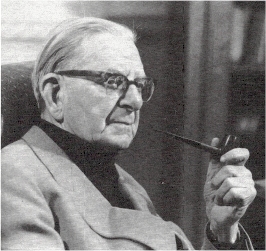
Sir John Frederick Neville Cardus, CBE was an English writer and critic. From an impoverished home background, and mainly self-educated, he became The Manchester Guardian's cricket correspondent in 1919 and its chief music critic in 1927, holding the two posts simultaneously until 1940. His contributions to these two distinct fields in the years before the Second World War established his reputation as one of the foremost critics of his generation.
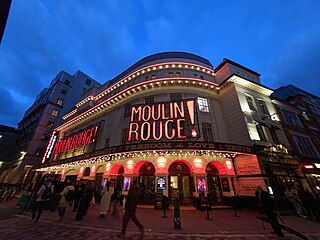
The Piccadilly Theatre is a West End theatre located at the junction of Denman Street and Sherwood Street, near Piccadilly Circus, in the City of Westminster, London. It opened in 1928.
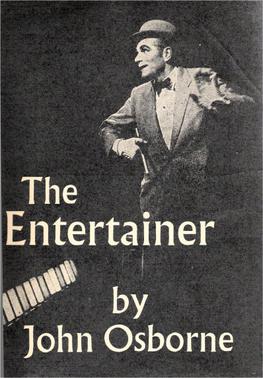
The Entertainer is a three-act play by John Osborne, first produced in 1957. His first play, Look Back in Anger, had attracted mixed notices but a great deal of publicity. Having depicted an "angry young man" in the earlier play, Osborne wrote at Laurence Olivier's request about an angry middle-aged man in The Entertainer. Its main character is Archie Rice, a failing music-hall performer. Years later, Tony Richardson, who directed The Entertainer's premiere season, described Archie as "the embodiment of a national mood ... Archie was the future, the decline, the sourness, the ashes of old glory, where Britain was heading". The first performance was given on 10 April 1957 at the Royal Court Theatre, London. This theatre was well-known for its commitment to new and non-traditional drama, and the inclusion of a West End star such as Olivier in the cast caused much interest.

Ivor John Carnegie Brown CBE was a British journalist and man of letters.

The Lyric Theatre is a West End theatre in Shaftesbury Avenue in the City of Westminster. It was built for the producer Henry Leslie, who financed it from the profits of the light opera hit, Dorothy, which he transferred from its original venue to open the new theatre on 17 December 1888.
Peter Andrew Tranchell was a British composer.
Elizabeth Anne Seal is a British actress. In 1961, she won the Tony Award for Best Leading Actress in a Musical for her performance in the title role of Irma La Douce.
Percy Anderson was an English stage designer and painter, best known for his work for the D'Oyly Carte Opera Company, Sir Herbert Beerbohm Tree's company at His Majesty's Theatre and Edwardian musical comedies.

The Vortex is a play in three acts by the English writer and actor Noël Coward. The play depicts the sexual vanity of a rich, ageing beauty, her troubled relationship with her adult son, and drug abuse in British society circles after the First World War. The son's cocaine habit is seen by many critics as a metaphor for homosexuality, then taboo in Britain. Despite, or because of, its scandalous content for the time, the play was Coward's first great commercial success.

Philip George William Bond was a British actor. He was best known for playing Albert Frazer in 24 episodes of the 1970s BBC nautical drama The Onedin Line.
This is a summary of 1957 in music in the United Kingdom, including the official charts from that year.
This is a summary of 1954 in music of all genres in the United Kingdom.
Philip Martell was a British composer, arranger, musical director, orchestra leader, and most notably head of music at Hammer Studios.